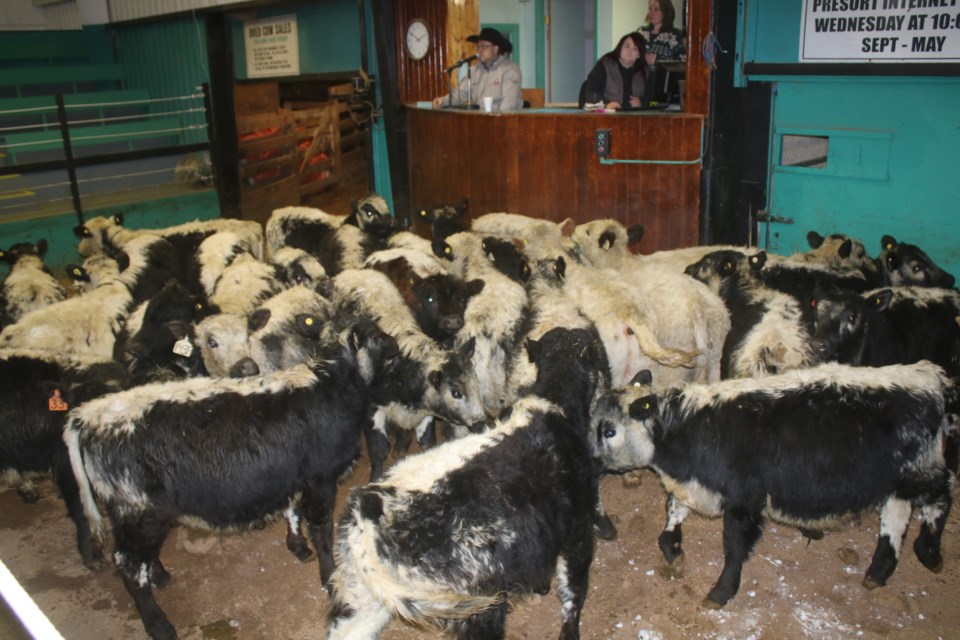Advanced Education Minister Gene Makowsky and Agriculture Minister David Marit are announcing a number of initiatives to enhance the availability of veterinary services in rural Saskatchewan.
These include the development of a new virtual option to train registered veterinary technologists in rural and remote Saskatchewan, as well as a loan forgiveness program that will be offered to new graduates who practice in rural or remote areas of the province.
Beginning in the fall of 2021, Saskatchewan Polytechnic's two-year registered veterinary technologist program will give students the opportunity to begin their studies remotely and complete the program at a partnering clinical practice with local veterinarians in rural areas.
"This program is important to addressing a labour market shortage in rural Saskatchewan," Makowsky said. "We are pleased to work alongside Saskatchewan Polytechnic to ensure we are able to meet the growing demand now and into the future."
In 2021-22, the Ministry of Advanced Education is providing $687,000 for development and operating costs. In addition, veterinarians and veterinary technologists who work in rural and remote communities for up to five years, will have up to $20,000 of their Saskatchewan Student Loans forgiven.
"Veterinarians and veterinary technologists play an integral role in protecting the health and productivity of Saskatchewan's livestock herd," Marit said. "The measures announced today will ensure producers have access to their important services which will help achieve our Growth Plan goal of increasing livestock cash receipts to $3 billion by 2030."
"This made-in-Saskatchewan solution will provide a timely solution to meet the needs of rural students and producers," Saskatchewan Polytechnic President and CEO Dr. Larry Rosia said. "We are pleased that because of our history of successfully serving students, we have been asked to develop a remote-delivery program to train and hire locally registered veterinary technologists."
"The Saskatchewan Cattlemen's Association has been talking about the challenge of diminished rural veterinary services for years," Saskatchewan Cattlemen's Association Chair Arnold Balicki said. "One step we took is the preceptorship partnership with Saskatchewan Veterinary Medical Association to help third-year students try out practices in rural Saskatchewan. The steps the government is taking today are very welcome in ensuring cattle producers have access to veterinary services across Saskatchewan. This is so important to animal health and welfare and public good as our animal health status is connected to our overall health."
As well, three of the 20 seats at the Western College of Veterinary Medicine (WCVM) funded by the Government of Saskatchewan will prioritize admission of students who are more likely to work in a large animal and/or rural mixed animal practice.
"Our veterinary graduates' unique training and skills are in high demand in rural Saskatchewan," WCVM Interim Dean Dr. Gillian Muir said. "The provincial government's move to target three rural-oriented seats will help encourage even more of our veterinary graduates to choose agriculture-focused veterinary careers."
As part of this strategy, the Ministry of Agriculture reaffirms its continued annual support for the provincial Mentorship Program, targeting senior veterinary students, in partnership with the Saskatchewan Veterinary Medical Association.




